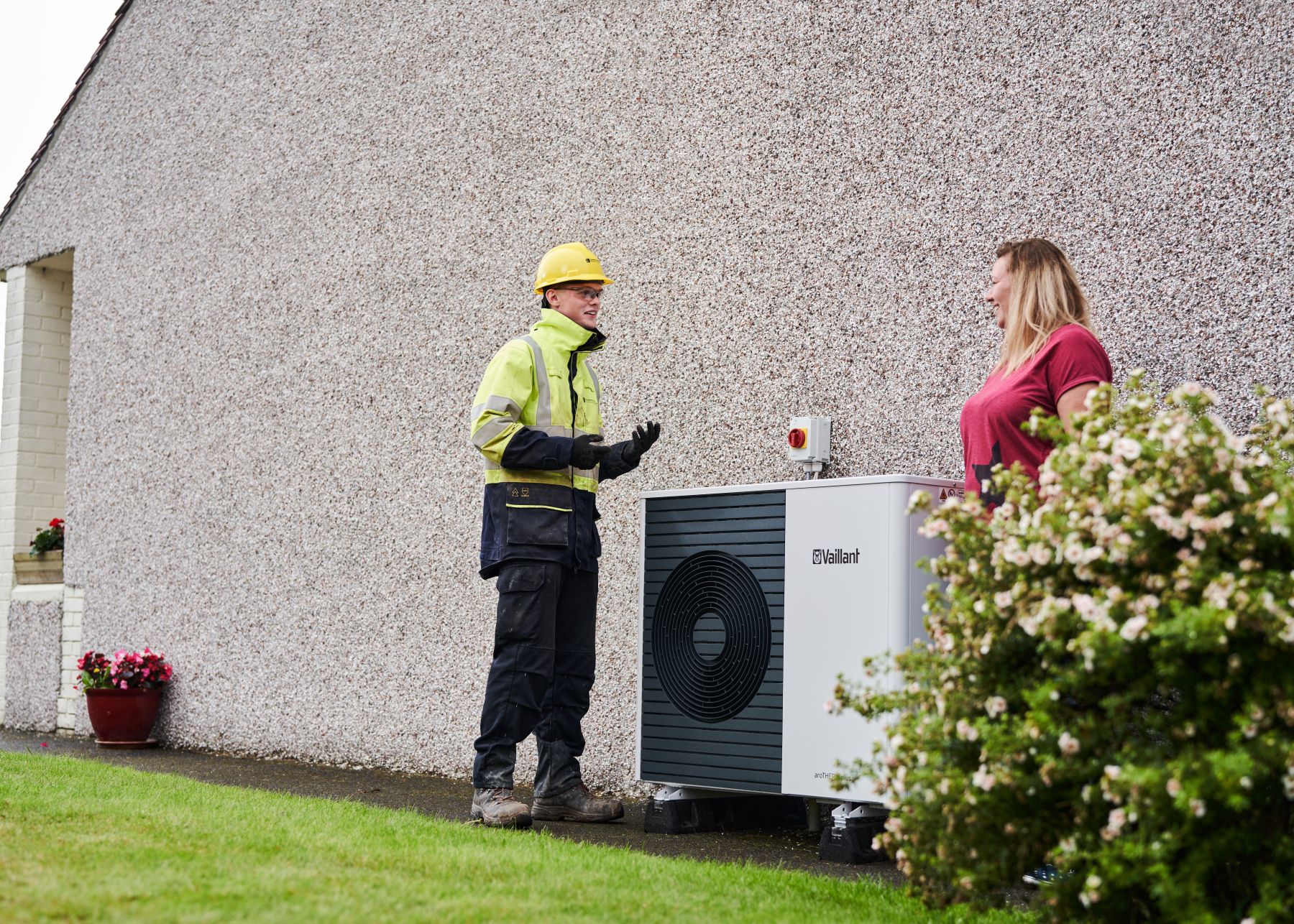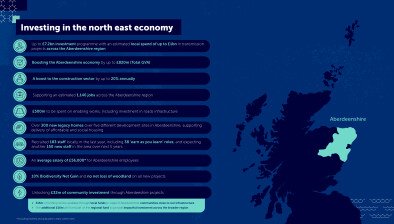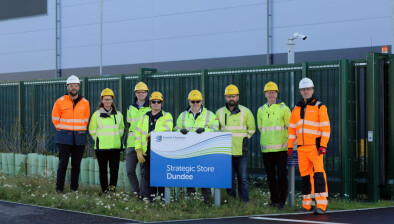SSEN’s new tool helps get homes ready for heat pumps and EV chargers

Scottish and Southern Electricity Networks (SSEN) Distribution is trialling a new tool which will let households know if their property can support the installation of new, efficient Low-Carbon Technologies like heat pumps and EV chargers.
This tool will give households key information on which technologies their homes can already support.
While more modern properties are usually able to support these technologies, some older homes may need electricity equipment upgrades prior to installation. SSEN Distribution’s extensive studies and modelling conclude there are around 740,000 of its customers whose connections are likely to need some form of upgrade.
In response, SSEN’s innovation experts have created the new Electricity Supply Checker. Following the completion of extensive research carried out by the team at SSEN’s project partners +Impact into the need for such a solution, the development of this tool is now moving into a new phase, with the start of real-world trials with customers in specially-selected suburban and rural areas.
By harnessing a wide range of data and information, the Electricity Supply Checker will be able to inform households on a number of factors, including:
- The estimated capacity available to connect Low-Carbon Technologies
- Examples of what kind of Low-Carbon Technologies could be connected at a particular property given the capacity available
- Whether upgrades or de-looping (which is the splitting of a supply currently shared between two separate properties) will be needed
By providing new visibility of this information, households will have a clearer idea of the options open to them when it comes to choosing Low-Carbon Technologies. Greater knowledge of their property’s preparedness will help them plan any required upgrades at a time that suits them. SSEN’s experts will be on hand to help these households through the upgrade process.
For example, a household that uses the Checker and finds out that an upgrade is needed before the property’s connection can support a heat pump, can then get the necessary work done in advance at a time that suits them. This means that when their existing gas boiler needs to be replaced, they can opt for a low-carbon heat pump without the unexpected and sudden need for necessary upgrades, thus making it a more attractive option than a like-for-like replacement boiler.
What the trials will involve
SSEN Distribution has identified two parts of its licence areas – in Swindon and South Oxfordshire – for the trial. These areas have been chosen for their diverse geography, degree of readiness, and their housing stock. Households in these areas are now being sent letters to inform them about the Checker. They’ll be directed online where they can find out more about the tool, look up their property’s readiness, and then move ahead with upgrades if required.
Richard Hartshorn, low-carbon technology readiness manager at Scottish and Southern Electricity Networks, said: “At SSEN Distribution, we’ve commitments in the current price control period to support the substantial growth in the number of electric vehicles and heat pumps on our network. Adoption of both is accelerating, so we want to help remove any remaining barriers, so that anyone who wants to invest in Low-Carbon Technologies is able to use them to heat their homes, generate their own clean electricity, or power their car.
“Many homes were built before heat pumps and EVs were even thought of, so in many cases upgrades will be needed. By trialling the Electricity Supply Checker, we’re taking an important step to increasing the visibility around this process, by giving residents the information they need to take control of their own decarbonisation journeys.
“I’d like to thank the team at +Impact for their partnership on this project, and for the research they’ve already undertaken with thousands of households. This work has given us valuable insights into residents’ knowledge of - and attitudes towards - this topic.”

















